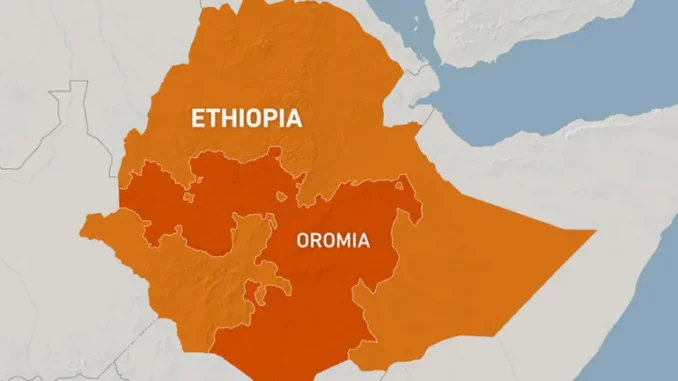
Lema Tefera’s voice faltered as he recounted the heart-wrenching loss of four children to malaria within a single month, deaths that could have been prevented if not for the ongoing conflict in Ethiopia’s Oromia region.
The farmer, whose village has been plagued by a lack of essential medical supplies, explained to AFP that due to the fighting, malaria treatment was unavailable, leaving families vulnerable. Africa accounts for 95% of the global malaria cases and over 600,000 deaths each year, with Ethiopia’s Oromia region particularly hard-hit by the intersection of climate change and violence.
Since the outbreak of conflict between the government and the Oromo Liberation Army (OLA) in 2018, health services in the region have collapsed, exacerbating the malaria crisis. The World Health Organisation (WHO) recorded over 7.3 million malaria cases and 1,157 deaths in Ethiopia between January and October of the previous year, a situation that has only worsened with each passing year. Nearly half of these cases have been reported in Oromia, where disrupted healthcare infrastructure and the ongoing violence have hindered efforts to tackle the disease. Dr Gemechu Biftu of the Oromia Physicians Association highlighted the impact of the conflict, stating that anti-malarial drug supplies have been severely disrupted.
The combined impact of the war and climate change has led to an alarming rise in malaria cases, with subsistence farmers like Lema particularly vulnerable. Experts warn that rising temperatures are creating ideal conditions for malaria-spreading mosquitoes, leading to cases occurring even during the dry season. Doctors Without Borders (MSF) has expressed concern that the situation could worsen as the rainy season approaches. The additional challenge of reduced funding, particularly from the recent U.S. aid freeze, threatens to further devastate efforts to combat the disease. As Lema continues to grapple with the grief of losing his children, the region’s health crisis shows no sign of abating.
